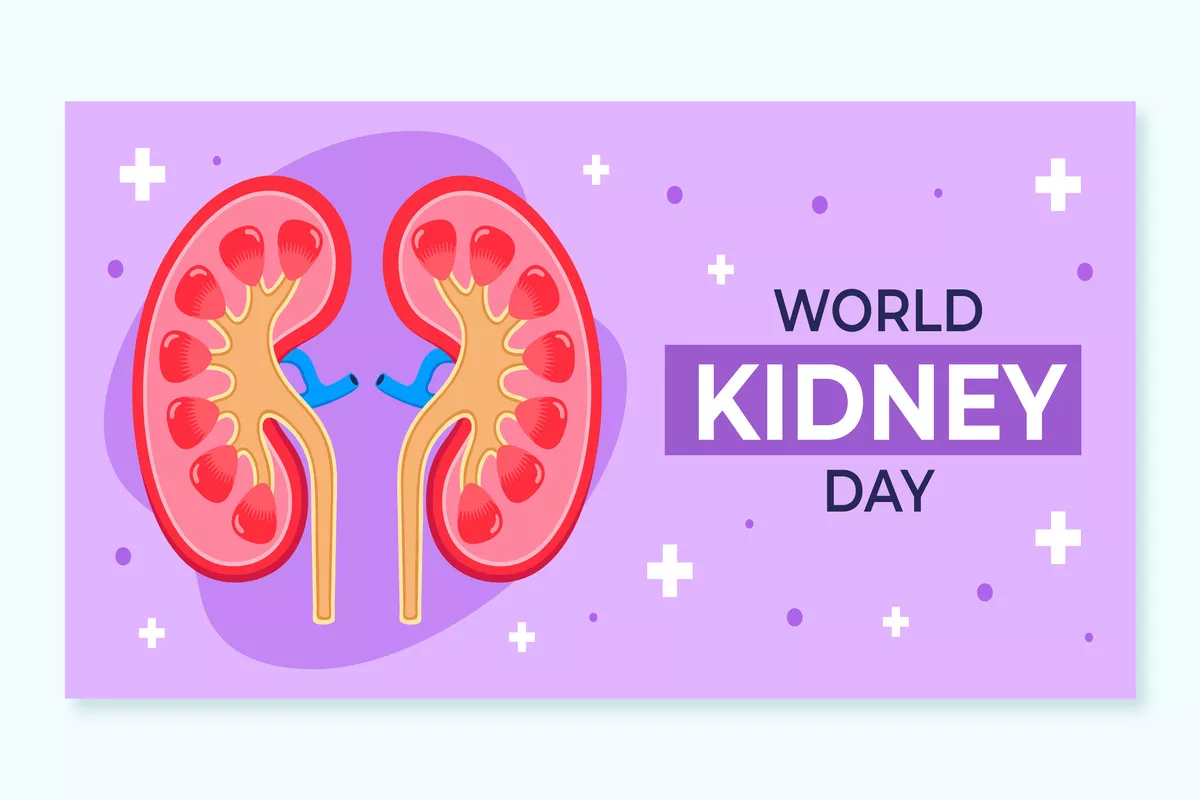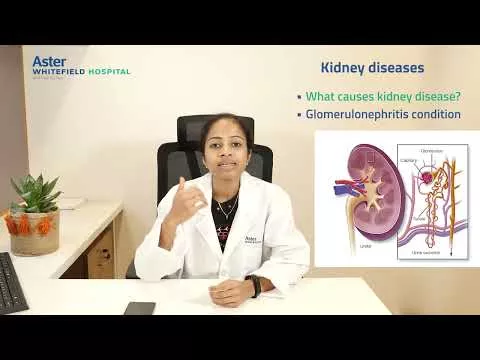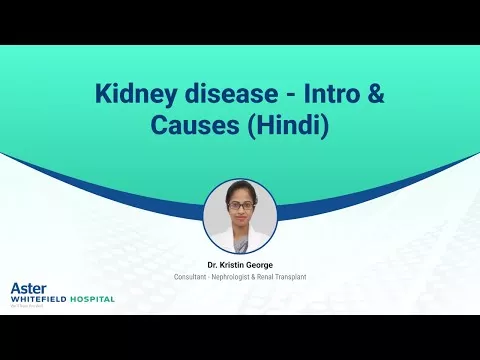In this video blog, Dr. Kristin George, Consultant - Nephrology and Renal Transplant at Aster Whitefield Hospital talks about two main types of kidney disease: Acute Kidney Injury (AKI) and Chronic Kidney Disease (CKD).
Acute Kidney Injury (AKI) can happen due to sudden events like infections or heart conditions. In some cases, AKI can be completely recovered. Dialysis might be needed temporarily to help the kidneys recover.
Chronic Kidney Disease (CKD) is a gradual loss of kidney function over months or years. It cannot be reversed, but lifestyle modifications and medications can slow down the progression. Early detection and treatment can significantly delay the need for dialysis or transplant.
Dialysis or Kidney Transplant?
Dr. Kristin also discusses two main treatment options for kidney failure: dialysis and kidney transplant. Kidney transplant is the best treatment option for kidney failure. A kidney transplant allows patients to live a normal life. There are two types of kidney transplants: living donor transplant and deceased donor transplant (cadaveric transplant). A living donor transplant is preferable because the patient may not need to go on dialysis while waiting for a transplant. The speaker emphasizes that kidney donation is a safe process for the donor. People with only one kidney can live a normal life because the remaining kidney can increase in size and take over the function of the other kidney.
Dialysis is a treatment that filters waste products from the blood when the kidneys are no longer able to do so effectively. There are two main types of dialysis: hemodialysis and peritoneal dialysis.
If you have any questions about dialysis or kidney transplant, you can contact Aster Whitefield Hospitals, Bangalore for more information.
To book an appointment, contact 080-4510 8888.










